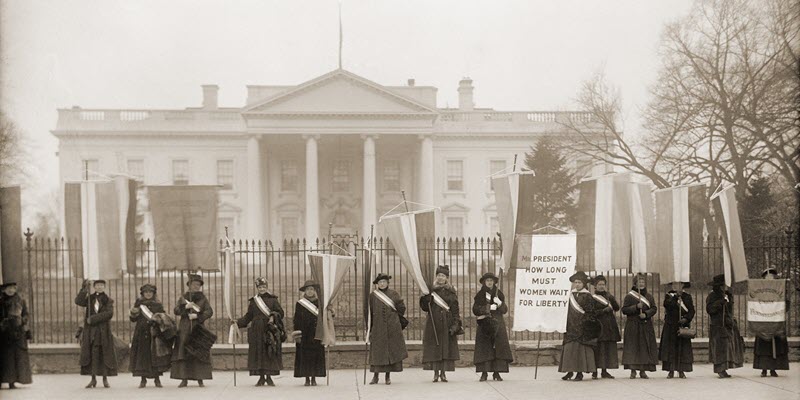| By Gale Staff |
Most think of Charles Dickens’s A Christmas Carol (1843) as the heartwarming story of how a coldhearted miser turns from his ruthless and greedy ways to a life of charity and joy, embracing love and egalitarianism as a reflection of the Christmas spirit. Some scholars, however, would argue that such a reading gets it wrong. The novella, which receives thorough treatment in the digital collections of Gale Literary Sources, has been the subject of unexpected interpretations by critics who seek to illuminate its author, contextualize its composition, and explicate its allegorical content.
Read moreA Christmas Carol: Keynesian, Freudian, and Spiritualist Perspectives on a Holiday Classic










